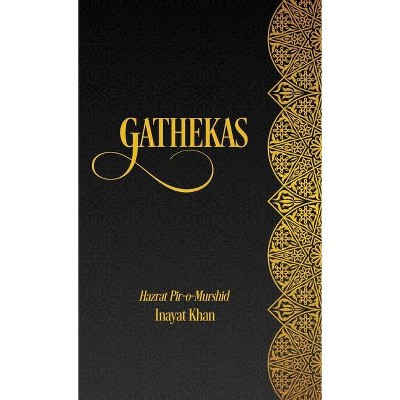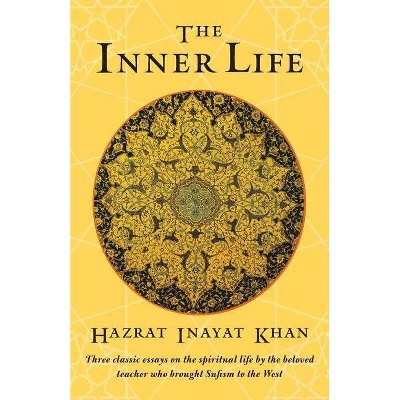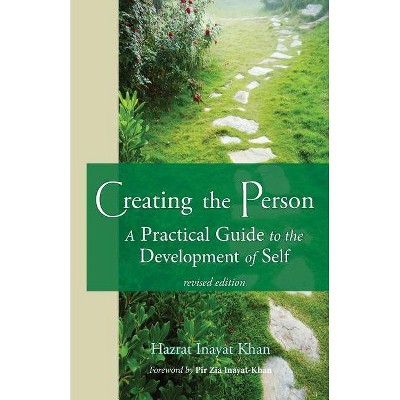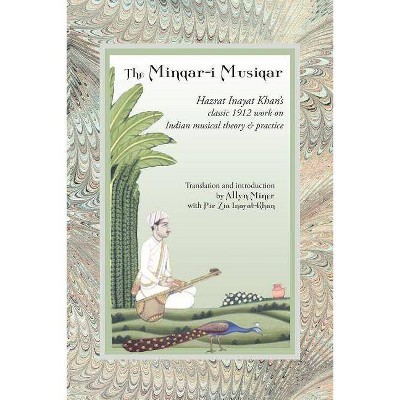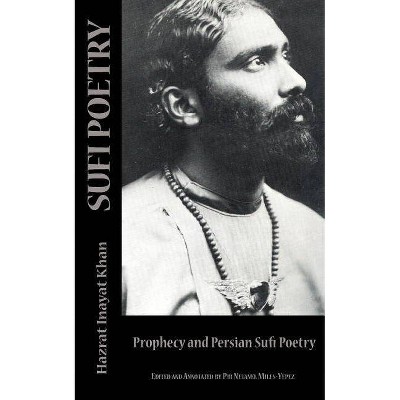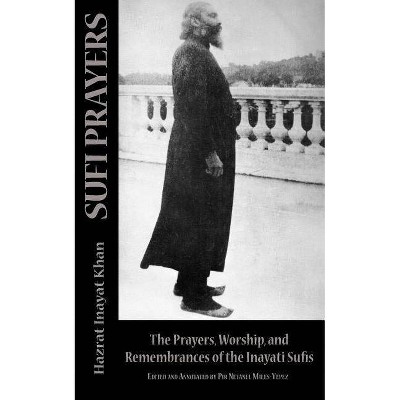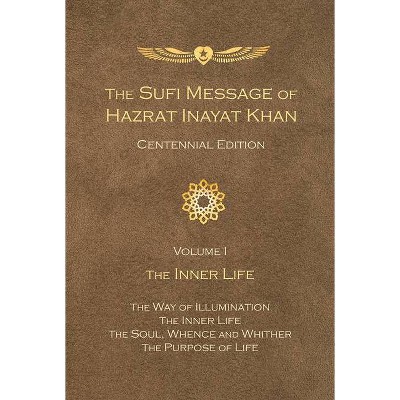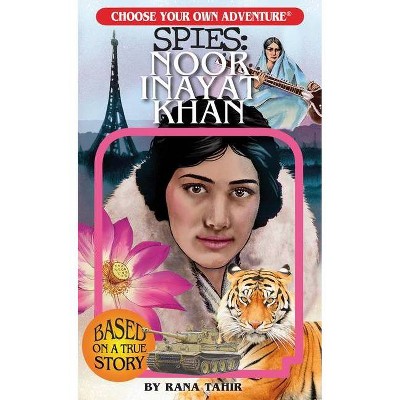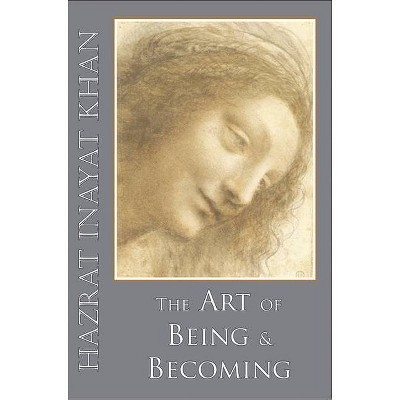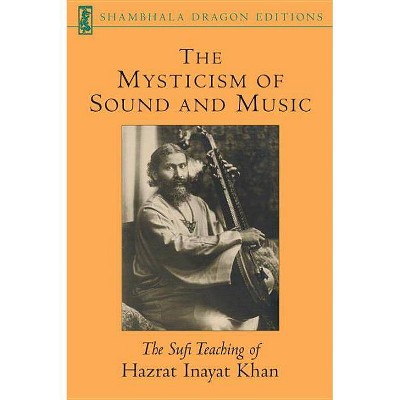Noor-un-nisa Inayat Khan - by Jean Overton Fuller (Paperback)
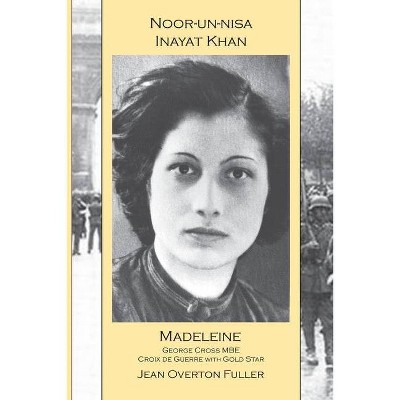
Similar Products
Products of same category from the store
AllProduct info
<p/><br></br><p><b> About the Book </b></p></br></br>Noor Inayat Khan (1914-1944) was SOE's first woman wireless transmitter in German Occupied Paris during World War II. Posthumously awarded the George Cross MBE and Croix de Guerre with Gold Star for her outstanding wartime service and heroism on behalf of the Allied cause, Noor's remarkable and inspiring life have been commemorated in numerous war memorials, WWII histories, and several films. Born to an American mother, Ora Ray Baker, and an Indian Sufi father, Hazrat Inayat Khan, Noor was raised in France, studying music under Nadia Boulanger and child psychology at the Sorbonne. Her children's stories appeared in Le Figaro and were broadcast over Radiodiffusion Francaise, and her book Twenty Jataka Tales was published in London. Her writing career was interrupted by the German invasion of France in 1940. The Inayat Khan family fled to England, and Noor enlisted in the WAAF where she trained as a wireless transmitter. Her Parisian background and wireless skills led to her recruitment by the SOE (Special Operations Executive). In 1943 she was secretly flown back to France where she began her undercover work under the code name "Madeleine." Constantly on the move between multiple locations and using false identities, Noor transmitted messages for the SOE's French and RF (République Française) sections, and for De Gaulle's Free French network. Betrayed by an acquaintance, she was captured by the Gestapo and held for interrogation in Paris. After repeated escape attempts, she was deemed a dangerous prisoner and transferred to Pforzheim prison in Germany, where she was held in maximum security and solitary confinement. As the war drew to an end in the fall of 1944, Noor was transported to Dachau, where she was executed. Her last word before being shot was "Liberté!" This new edition of "Noor-un-nisa: Madeleine" includes previously unpublished material including a retrospective by Noor's brother Vilayat Inayat Khan, Noor friendship with the author, and further research on Noor's life and the SOE.<p/><br></br><p><b> Book Synopsis </b></p></br></br><p>Noor Inayat Khan (1914-1944) was SOE's first woman wireless transmitter in German Occupied Paris during World War II. Posthumously awarded the George Cross MBE and Croix de Guerre with Gold Star for her outstanding wartime service and heroism on behalf of the Allied cause, Noor's remarkable and inspiring life have been commemorated in numerous war memorials, WWII histories, and several films.<br /> <br /> Born in 1914 to an American mother, Ora Ray Baker, and an Indian Sufi father, Hazrat Inayat Khan, Noor was raised in France, studying musical composition, piano, and harp under Nadia Boulanger at the Ecole Normale de Musique, and child psychology at the Sorbonne. Her stories for children appeared in Le Figaro and were broadcast over Radiodiffusion Francaise, and her first book <em>Twenty Jataka Tales</em> was published in London. Her career as a writer was interrupted by the German invasion of France in 1940. The Inayat Khan family sought refuge in England, and Noor enlisted in the WAAF where she trained as a wireless transmitter. Her Parisian background and wireless skills led to her recruitment by the SOE (Special Operations Executive). After further training, in June, 1943, she was secretly flown back to France where she began her undercover work for the Allied cause under the code name "Madeleine." Constantly on the move between multiple locations and using false identities, Noor transmitted messages for the SOE's French and RF (République Française) sections, and for De Gaulle's Free French network. Betrayed by an acquaintance, she was captured by the Gestapo in October, 1943, and held for prolonged interrogation at the Sicherheitsdienst headquarters in Paris. After repeated escape attempts, she was considered to be a dangerous prisoner and was transferred to Pforzheim prison in Germany, where she was held in maximum security and solitary confinement. As the war drew to an end in the fall of 1944, Noor was transported to Dachau. Her last word before execution was "Liberté!"</p><p>This new edition of <strong>Noor-un-nisa Inayat Khan: Madeleine</strong> includes previously unpublished material including a retrospective by Noor's brother, Vilayat Inayat Khan, the friendship of Noor and the author, and further research on Noor's life and the SOE.</p><p/><br></br><p><b> Review Quotes </b></p></br></br><br><p>THE pleasure Jean Overton Fuller will give to many people by telling us so much more of Noor-un-nisa Inayat Khan's early life is immense. Noor, for her service in SOE, has a special place of her own in the history of the Second World War which will never be forgotten by her contemporaries. Her war service makes wonderful reading.<br /> I like to think, however, that today's youth, anxious as it is apparently to forget history, will be curious in human terms to read about the real characters and background of those who served the free world with such gallantry before many of them were born. This to me is the especial fascination of this book.</p><p>Irene Ward, Baroness, North Tyneside CH, DBE</p><p> </p><br>
Price History
Price Archive shows prices from various stores, lets you see history and find the cheapest. There is no actual sale on the website. For all support, inquiry and suggestion messages communication@pricearchive.us
